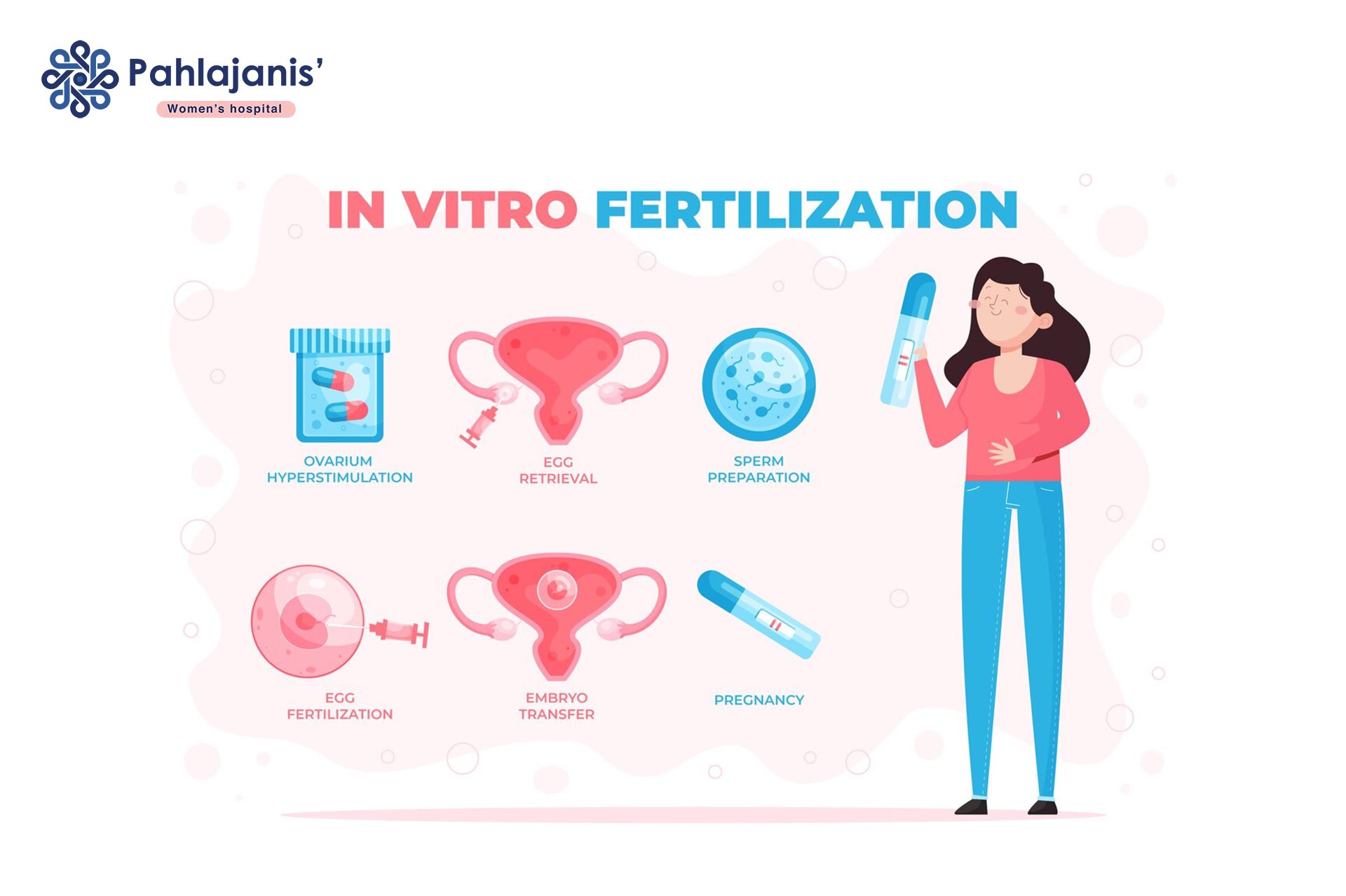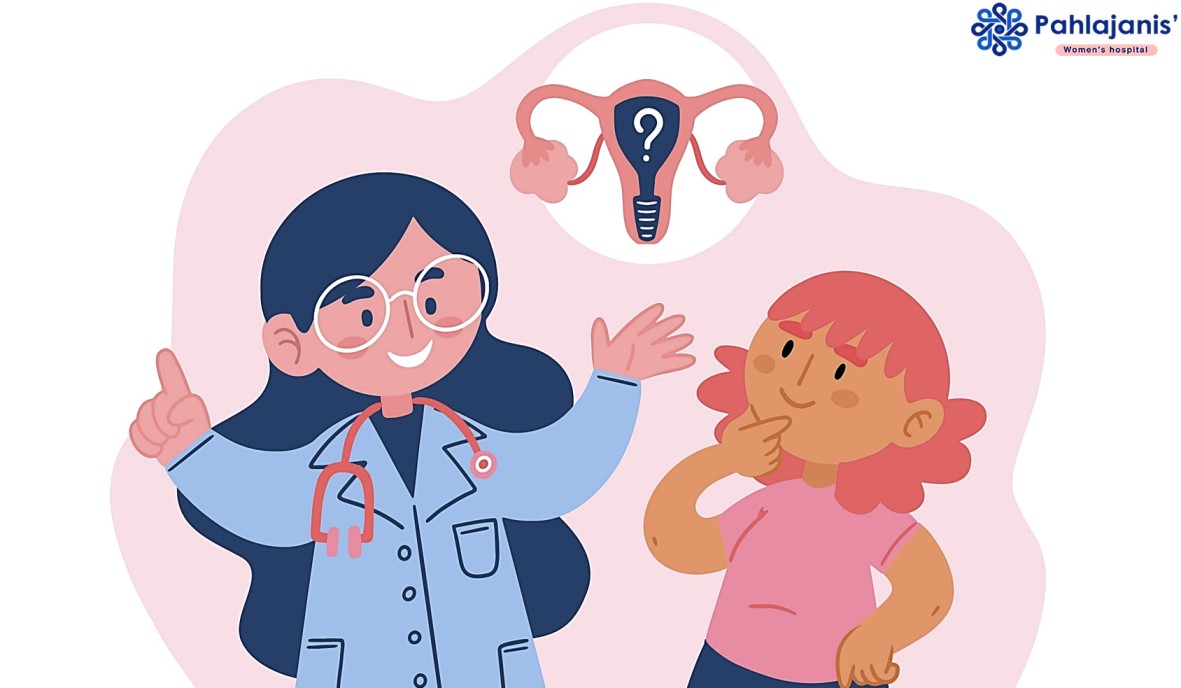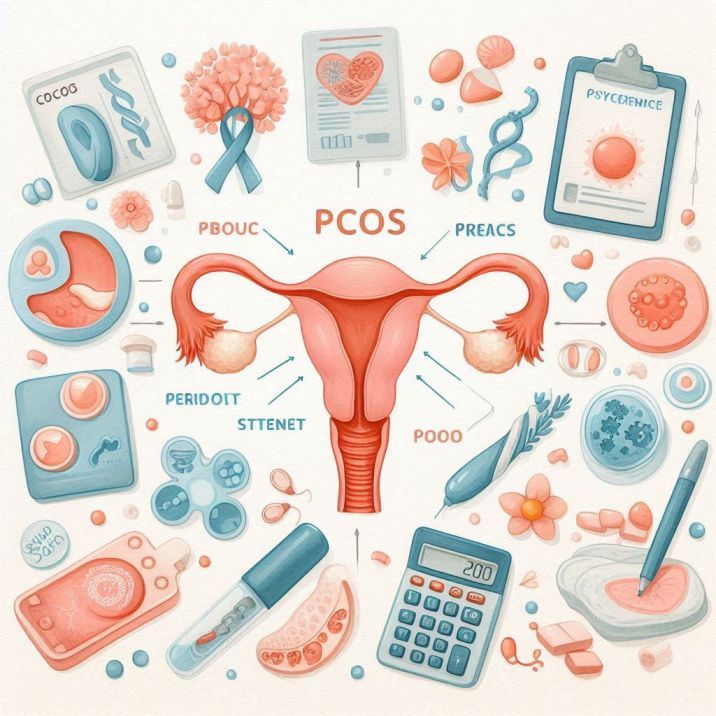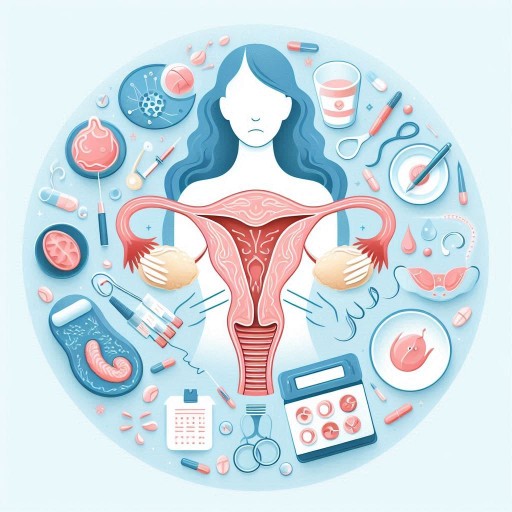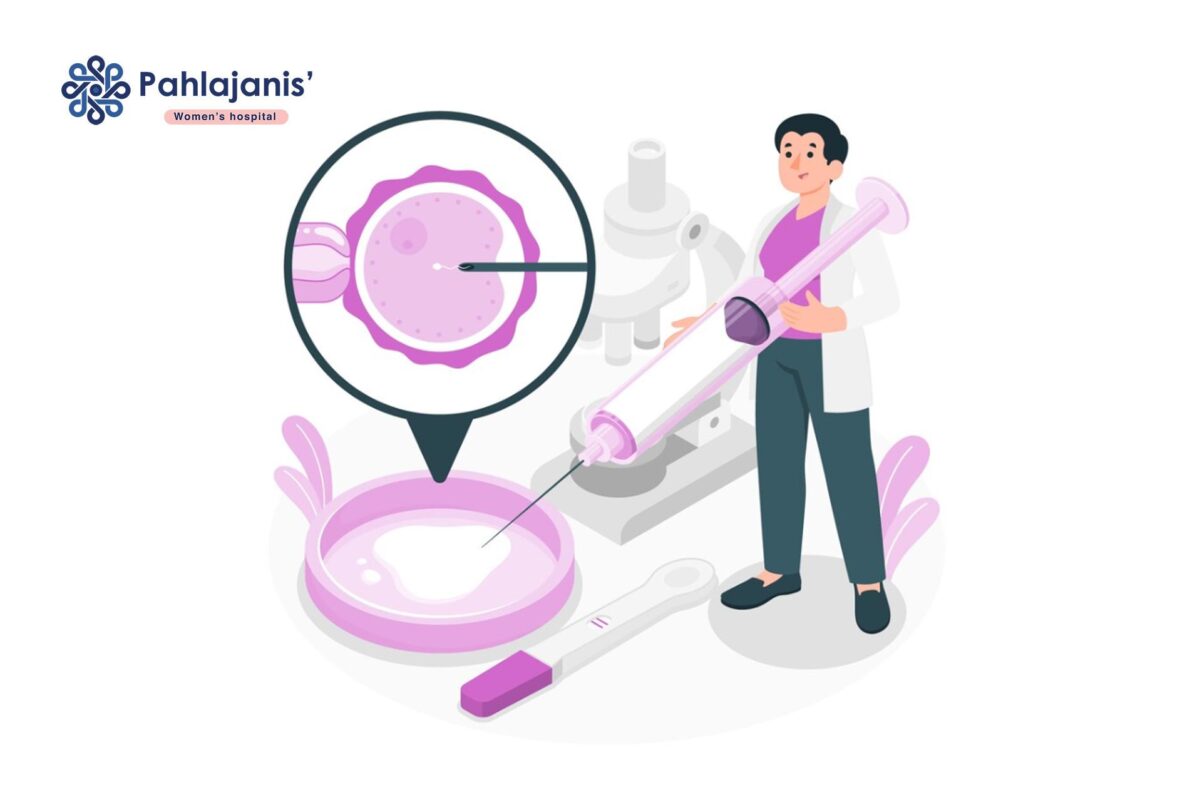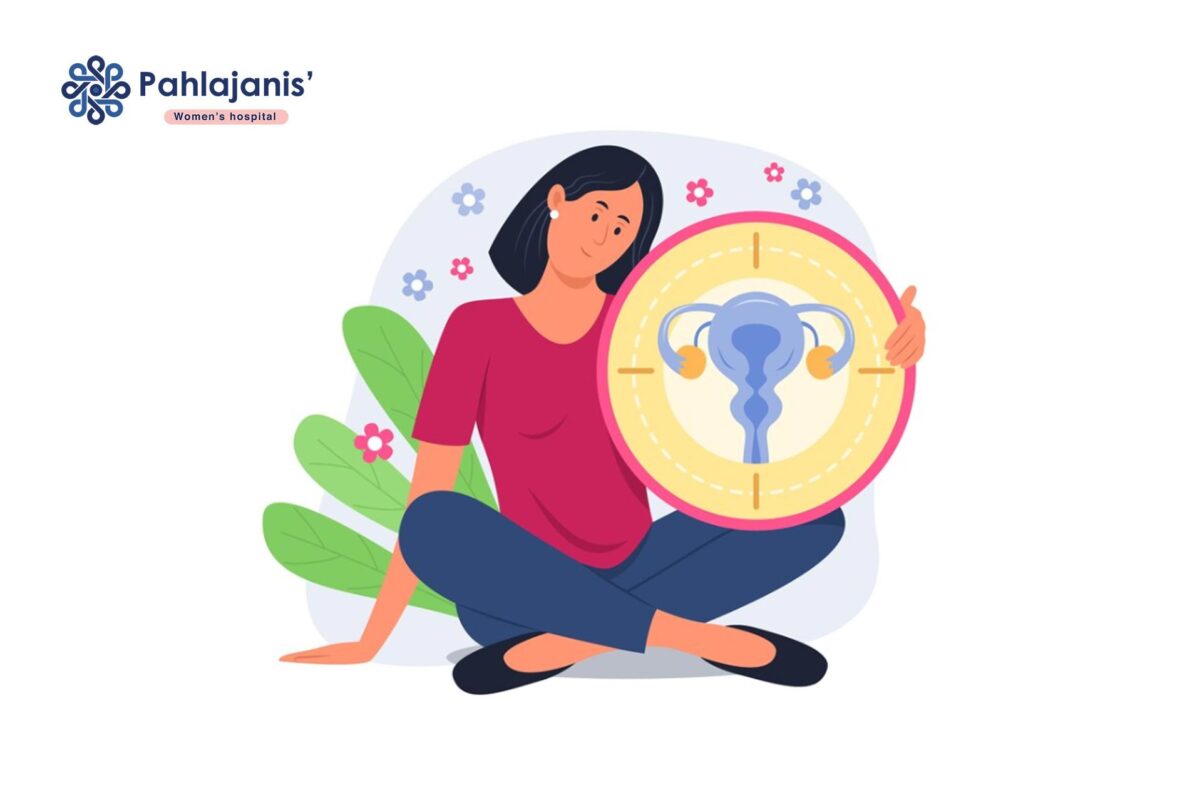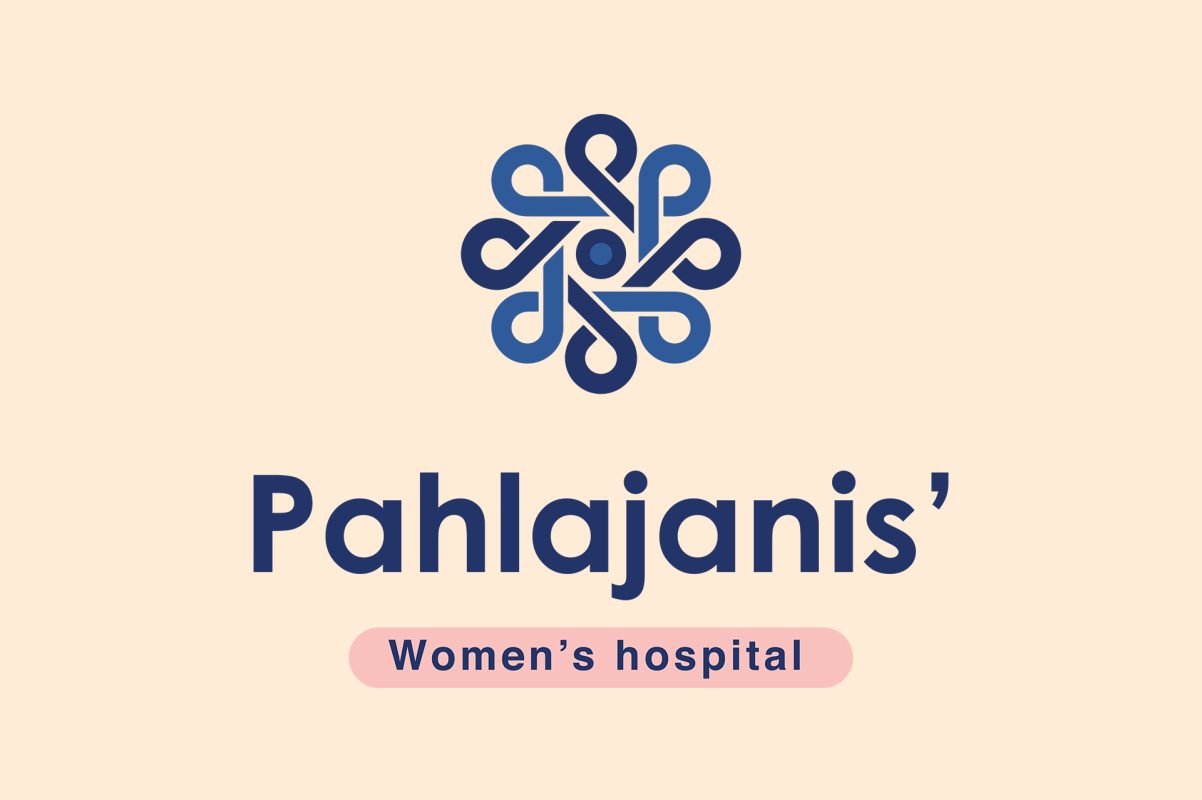Polycystic Ovary Syndrome (PCOS) is a common endocrine disorder that affects many women of reproductive age. PCOS can pose unique challenges for those seeking to start a family. Fortunately, advancements in fertility treatments, particularly In Vitro Fertilization (IVF), have opened doors for PCOS patients. In this comprehensive guide, we’ll explore the IVF protocol for PCOS patients, shedding light on how this procedure can help overcome the obstacles presented by this condition.
IVF Treatment for PCOS: A Beacon of Hope
Understanding PCOS and Its Impact on Fertility:
Polycystic Ovary Syndrome is characterized by hormonal imbalances, irregular periods, and the presence of small, fluid-filled sacs in the ovaries. These sacs, known as cysts, can hinder the regular release of eggs. PCOS can lead to infertility due to irregular or absent ovulation. For many women with PCOS, IVF offers a promising solution.
IVF Procedure for PCOS: Tailoring the Protocol:
The IVF protocol for PCOS patients is carefully customized to address the specific challenges posed by this condition. Here’s a step-by-step guide to how IVF is adapted for individuals with PCOS:
- Ovulation Induction
- Medications: PCOS patients typically require medication to induce ovulation. Commonly used drugs include Clomiphene Citrate or Letrozole. These medications stimulate the ovaries to produce eggs. They are often combined with other medications like Metformin to improve insulin sensitivity.
- Monitoring: Regular ultrasound monitoring is essential to track the development of ovarian follicles. The aim is to ensure that the ovaries are not overstimulated, which can lead to complications like Ovarian Hyperstimulation Syndrome (OHSS).
- Egg Retrieval:
Once the follicles have matured, a trigger shot of hCG (human chorionic gonadotropin) is administered. Approximately 36 hours later, the eggs are retrieved in a minor surgical procedure called follicular aspiration. This step is carried out under sedation, and a thin needle is used to extract the eggs from the ovaries.
- Fertilization:
Following egg retrieval, the eggs are fertilized with sperm in a laboratory setting. There are two primary methods of fertilization:
- Conventional Insemination: In this method, sperm and eggs are combined in a petri dish, allowing fertilization to occur naturally.
- Intracytoplasmic Sperm Injection (ICSI): In ICSI, a single sperm is injected directly into an egg. This method is often used when there are concerns about sperm quality or if previous IVF attempts were unsuccessful.
- Embryo Culture:
The resulting embryos are cultured for several days in the laboratory. Typically, embryos are monitored for three to five days. During this time, the embryologist evaluates their quality and development.
- Embryo Transfer:
Embryo transfer is the final step in the IVF protocol for PCOS patients. One or more embryos, based on their quality and the patient’s age, are selected for transfer. The procedure is minimally invasive and resembles a pap smear. A catheter is used to place the chosen embryos into the uterus.
- Luteal Phase Support:
After embryo transfer, luteal phase support is provided, typically with hormone medications. This helps create a receptive environment in the uterus for implantation.
The Success Rates and Considerations:
IVF can be highly effective for PCOS patients, but success rates may vary based on individual factors. It’s important to consider:
- Age: Age significantly influences IVF success. Younger PCOS patients tend to have higher success rates.
- Embryo Quality: The quality of embryos transferred is a crucial factor. Healthier embryos are more likely to result in pregnancy.
- Lifestyle Factors: Lifestyle plays a role. Maintaining a healthy weight, managing insulin resistance, and reducing stress can improve outcomes.
Conclusion:
Polycystic Ovary Syndrome can create unique fertility challenges, but IVF has emerged as a highly effective solution for many PCOS patients. The IVF procedure for PCOS is tailored to induce ovulation, retrieve eggs, facilitate fertilization, and optimize embryo transfer. While success rates can vary, IVF has provided countless individuals and couples the opportunity to fulfill their dreams of parenthood despite PCOS-related obstacles.
As with any medical procedure, it’s crucial to consult a fertility specialist who can create a personalized treatment plan and guide you through the IVF process. For PCOS patients, IVF offers not only a chance for pregnancy but also a ray of hope on the path to parenthood.

